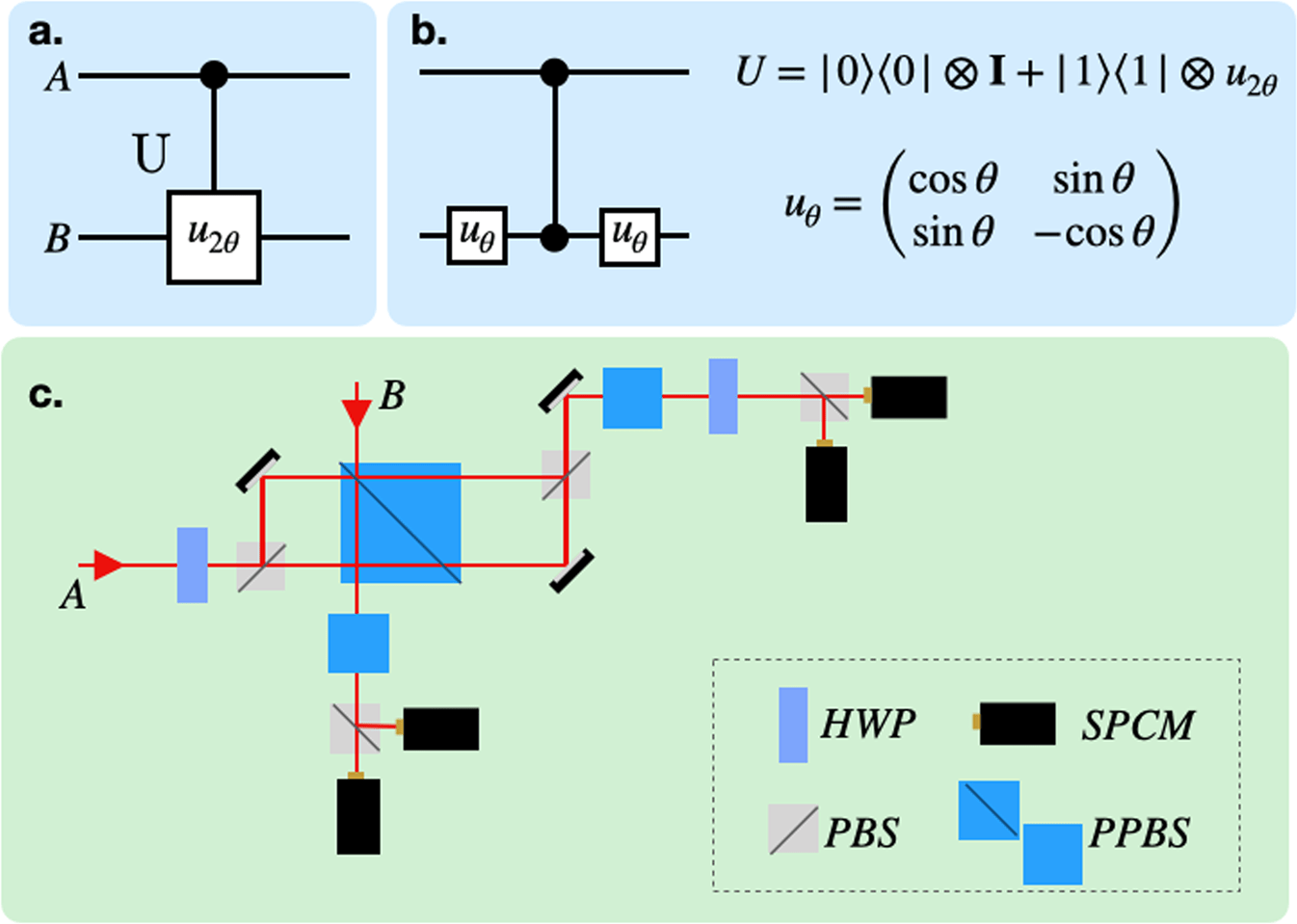
Researchers at Universita degli Studi Roma Tre and University of Florence have characterized the energetic footprint of a two-qubit quantum gate from the perspective of non-equilibrium quantum thermodynamics.
Despite the significant progress made towards the implementation of prototype quantum devices able to process an increasing amount of information in a reliable and reproducible manner, little work has been devoted to the characterization of the energetic footprint of such potentially disruptive quantum technologies.
Yet, this is a crucial point to address: only by ensuring that the energy consumption associated with the performance of quantum information processing scales favorably with the size of a quantum processor, would the craved quantum technologies embody a credible alternative to CMOS-based devices.
They experimentally reconstructed the statistics of energy and entropy fluctuations following the implementation of a controlled-unitary gate, linking them to the performance of the gate itself and the phenomenology of Landauer’s principle at the single-quantum level.
Their work thus addresses the energetic cost of operating quantum circuits, a problem that is crucial for the grounding of the upcoming quantum technologies.
The paper has been published in npj Quantum Information.
